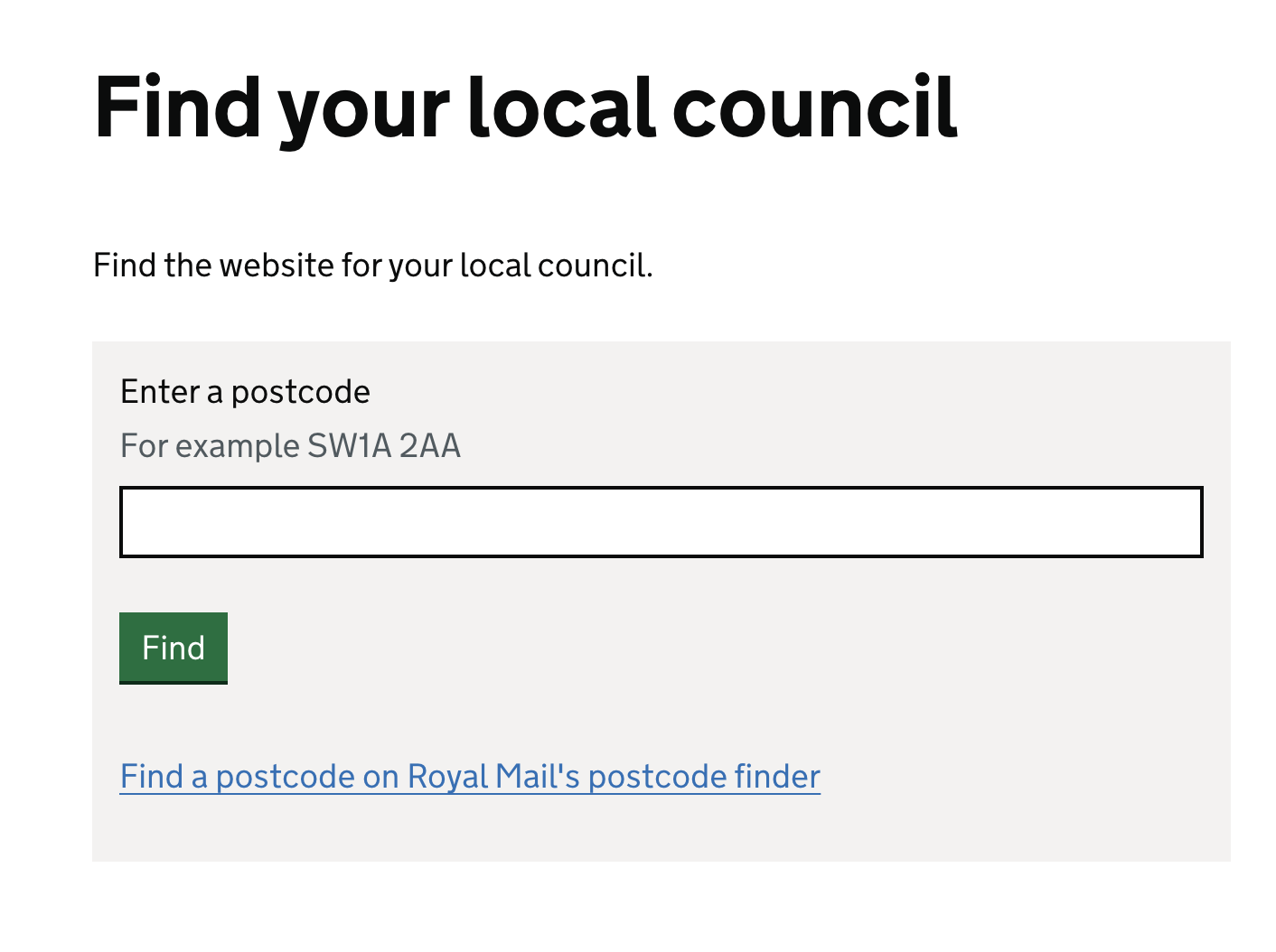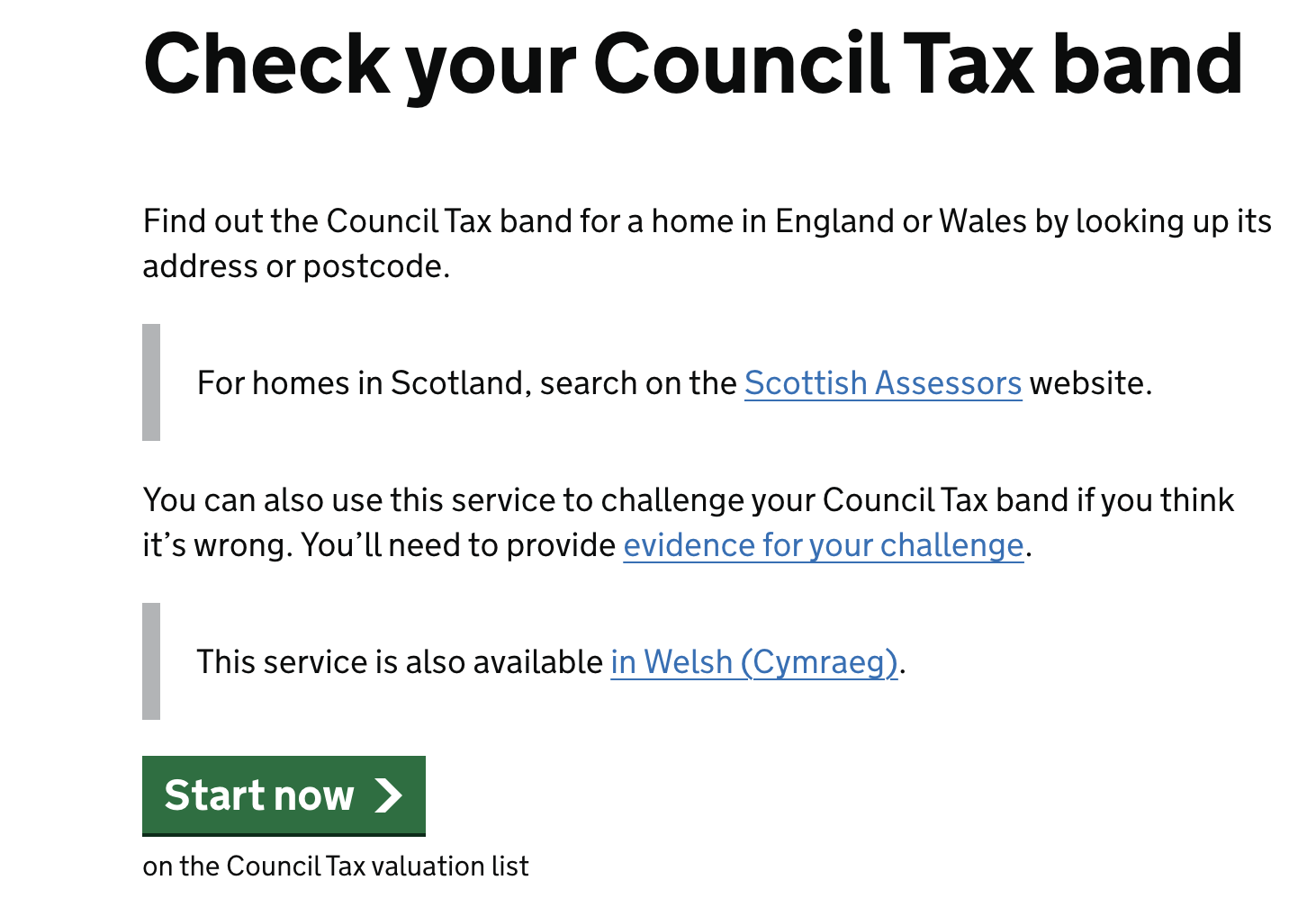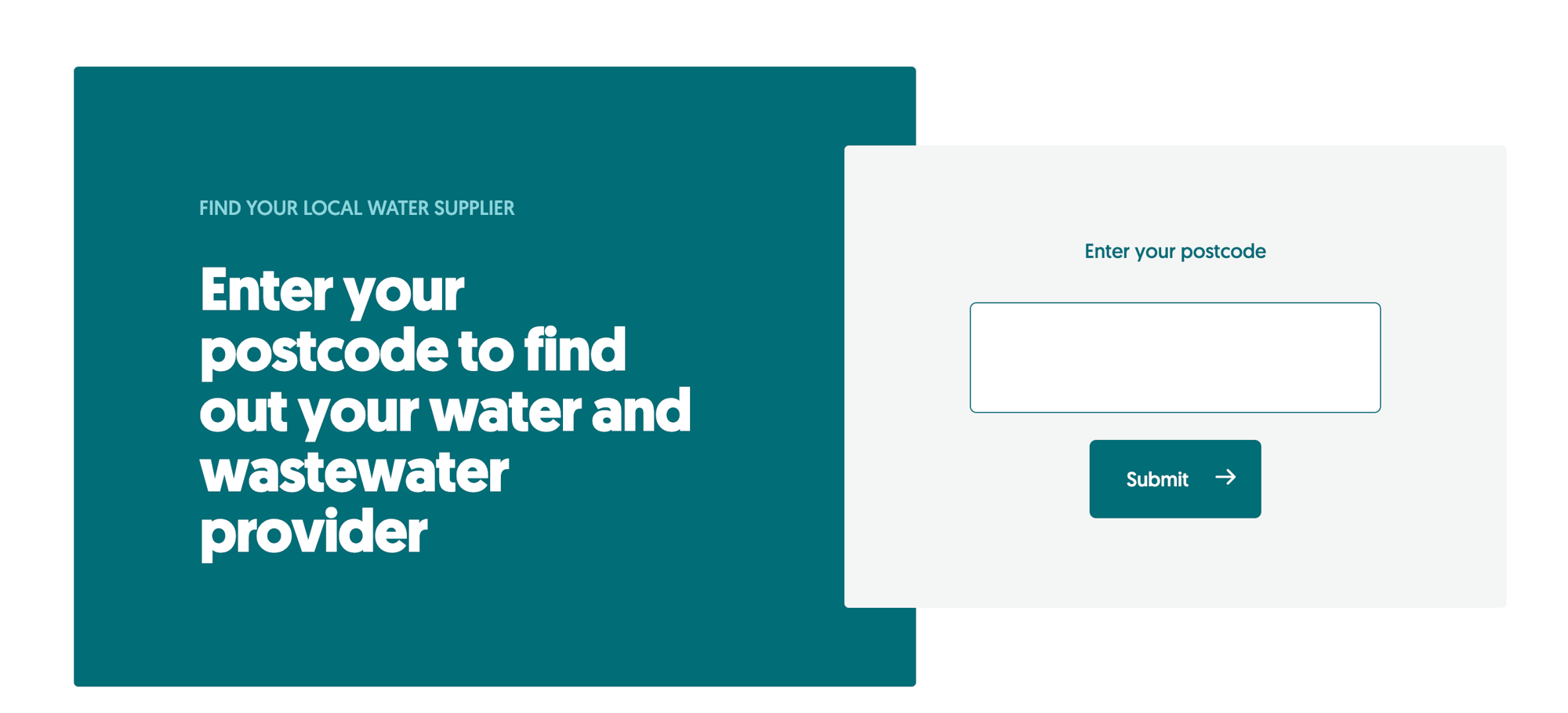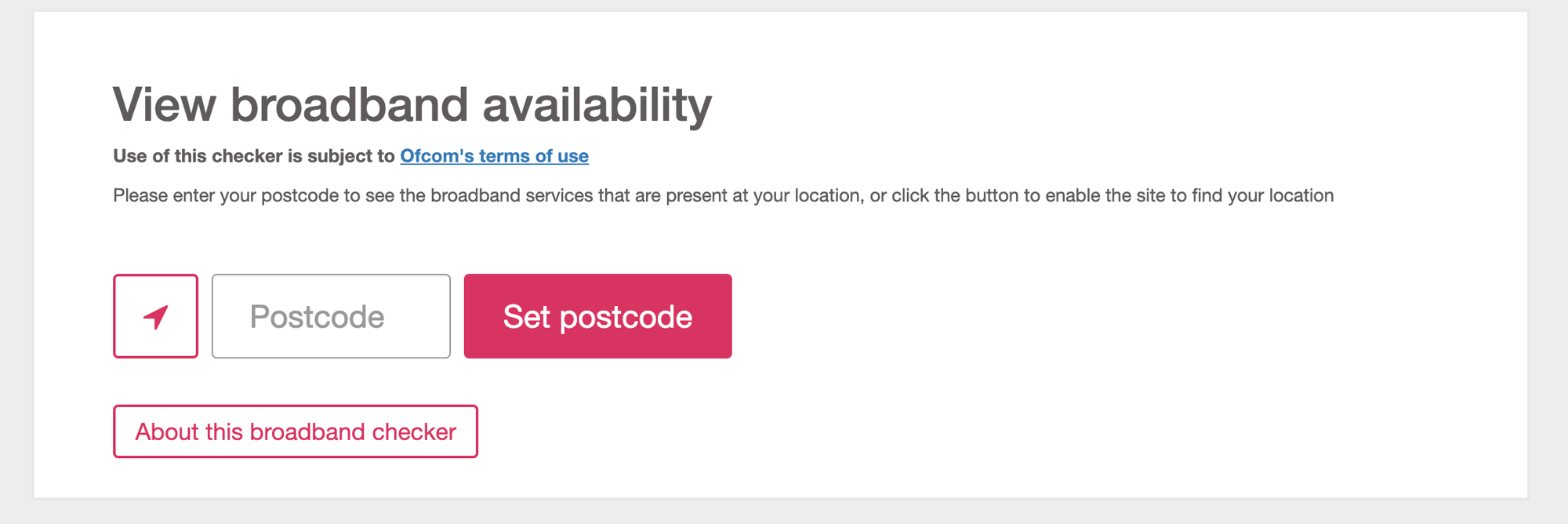Quick links:
- Renter’s monthly bills checklist
- "All-inclusive" vs. standard rent: What's the difference?
- The landlord's ledger: what you’ are NOT responsible for
- Bundle your bills with One Utility Bill
- Your rental moving checklist
Moving into a new rental property is a really exciting time. You’ll already know how much rent is due each month, and what day the payment is made… but that’s just one of the many monthly payments you’ll be making as a tenant.
Confused by which bills are your responsibility vs your landlord's? Let’s dig into what you pay while renting in this guide, including a few lesser-known costs, so there are no surprises.
Not all tenancy agreements are the same, so you’ll also find out how to check yours to see what you’re responsible for, and what control you have over your suppliers and tariffs.
Let’s get started by going through your essential monthly bills.
Renter’s monthly bills checklist
A tenant living in a private rental will be responsible for the following bills. Remember, there are different kinds of tenancy agreements– if you live in an HMO, for example, some of these might be rolled into your ‘all-inclusive tenancy’.
For now, here’s a list of the essential bills for renters (other than your rent.)
👉 Council Tax
A (typically) monthly payment to the local council that covers bin collection, emergency services, and libraries.‘Typically’ because it’s usually 10 monthly payments over the course of a calendar year. However, local councils do sometimes offer to split this over 12 payments if you’re struggling to pay.
As a tenant, you are responsible for setting up your council tax payment. You can do this on your local council website– find your local authority here.

Image: Gov.UK find your local council tool
Your council tax is calculated based on the ‘band’ of your property, which you can find out here.

Image: Gov.UK check your council band
Some council tax exemptions or discounts to be aware of:
- 25% discount for single occupancy
- ‘Disregarded’ (not payable) for full-time students and under-18s
- See full list of discounts and exemptions here.
💡 Energy (Gas and Electricity)
Your energy bill covers gas and electricity– not all properties will have both, so make sure you check what type of utilities you have so you can get accurate quotes from suppliers.
As a tenant, you are typically responsible for choosing your own energy supplier and tariff. Then you will pay for energy either quarterly or monthly.
You should sort your energy bills as soon as you move in, as the property’s existing supplier will put you on deemed rates– a higher tariff.
Here’s a quick checklist for moving day:
- Take meter readings as soon as you enter the property: this will show from which point you are liable for bills.
- Find out who currently supplies your property by asking the landlord or checking for any letters addressed to ‘the occupier’.
- Inform the current supplier of your intention to switch or stick (they will offer you a tariff and take you off deemed rates).
- Forward any bills received covering before your tenancy to your landlord.
Remember, you don’t have to stick with the current supplier; you can choose your own, unless you live in an HMO where bills are rolled into your monthly rent. Check your tenancy agreement if you’re not sure.
Quick tips for setting up your energy bills:
- Some suppliers offer discounts if you pay via a monthly direct debit
- Fixed-rate and variable tariffs will offer different benefits
Read our full guide to getting up your gas and electricity bills, or get in touch to chat about rolling your bills into a single monthly payment with our bills packages.
💧 Water
Your water bill covers the cost of water supply as well as wastewater removal. Tenants are responsible for setting up an account with the local water supplier. Find out who your local supplier is here.

Image: Water UK find your water supplier tool
Unlike energy, you don’t get to choose your supplier as it's set by the local authority. You can, however, decide how often you pay. You can pay for your water bill online or over the phone.
Water meters
Most homes built after 1990 have a water meter – ask your landlord if you’re not sure.
When you move in, snap a photo of the meter reading so you’ve got a dated record and only pay for what you use.
Check out our complete guide to learn more about setting up water bills, including how to read your water meter.
🛜 Broadband
Getting connected to the internet is a priority for movers, and it can take a little time to get set up, so you should choose your supplier and package as soon as possible.
Transferring your broadband
If you are moving and want to transfer your broadband package, you need to check whether your current supplier covers your new area. You can do this on Ofcom’s broadband availability checker tool.

Image: Ofcom's broadband availability checker tool
If your current supplier does not cover your new area, you may need to pay an early exit fee to cancel the contract.
Choosing a new broadband provider
Regardless of whether you are sticking with or switching your supplier, you will need to contact them as soon as you know your moving date. They’ll let you know if your new property needs an engineer visit– the average wait time for broadband installation is 2-3 weeks, sometimes more! Try and sort this as soon as you can to avoid waiting too long.
There’s quite a lot to consider when it comes to getting online, so make sure you’ve got it all covered with our guide to setting up broadband. You can also combine broadband costs into your other utilities with One Utility Bill– get a quote in under three minutes.
👀 The "other" costs: bills renters often forget
We’ve covered the biggest expenses, but there are some smaller costs that will soon add up. They might not all be relevant to you, but it’s worth reading to check.
- TV Licence: You’ll need a TV Licence if you watch live TV on any channel, or download or watch BBC iPlayer. If you already have one, you can let them know your change of address online. Learn more about the ins and outs of TV Licences in this guide.
- Insurance: The landlord pays for Buildings Insurance, which covers the structure of the property. As the tenant, you are responsible for Contents Insurance, which protects your personal belongings (laptops, furniture, clothes) against theft, fire, or flood. This isn’t something you need to have by law, but reduces the risk of one big payout in the event you lose a lot of valuables at once.
- Service Charges: These fees cover the upkeep of shared areas in blocks, e.g., cleaning hallways, maintaining lifts, and gardening. Check your tenancy agreement to find out whether you or the landlord pays for this.
"All-inclusive" vs. standard rent: What's the difference?
For most standard private tenancies, the tenant is responsible for bills. But there are exemptions, including HMOS or student lets, where a single, higher rent payment to the landlord covers a bundle of bills– typically gas, electricity, water, and sometimes broadband. Normally, council tax and a TV Licence are not included, but check your tenancy agreement to confirm.
Bills-included packages, or ‘all-inclusive’, are more expensive, and you don’t get to choose who supplies your utilities. However, it does get rid of the awkwardness of splitting bills when living in shared accommodation.
Legally, landlords cannot profit from the cost of utilities, so they can only charge you the amount to cover the utilities used.
As a tenant in a bills-included rental, you should be aware of any "fair usage" clause in your contract, which could lead to extra charges for high energy use.
The landlord's ledger: what you’ are NOT responsible for
While tenancy agreements can differ, there are key costs that always stay with the landlord, these include:
- Buildings Insurance: As we’ve mentioned, this is the landlord’s responsibility because they own the property.
- Repairs and Maintenance: Your landlord covers repairs to the building’s structure, outside, and things like heating, water, and sanitation.
- Safety Checks: They’re also responsible for arranging a yearly Gas Safety check (by a Gas Safe engineer) and an Electrical Installation Condition Report (EICR) at least every five years.
- Ground Rent: This is a charge your landlord pays to the freeholder (if they are only the leaseholder); it’s never something you have to pay.
Moving out of one rental property to another? Take a look at our ultimate guide to end-of-tenancy bills to minimise any landlord disputes.
Bundle your bills with One Utility Bill
Make your finances and bill setup simpler during your move with a One Utility Bill package. Put your choice of utilities into one, easy monthly payment, and let the team deal with supplier setup for you.
Combine energy plus your choice of water, broadband, TV licence and TV package, into one easy monthly payment. There’s also the option to split the cost with your partner or housemates.
Choose from capped or Unlimited energy on a fixed or rolling contract, and broadband from BT, Sky or Virgin Media!
Your rental moving checklist
If you’re moving into a rental property, here’s a handy checklist to get you started with mastering your money:
- Check your tenancy agreement to work out exactly which bills you are responsible for
- Find out who currently supplies utilities to your property
- Inform any of your existing providers and local authorities that you’re moving
- Read and record meter readings
- Shop around for broadband and energy
And you can always speak to One Utility Bill about combining all of your bills into one monthly payment. Get a quote here.

